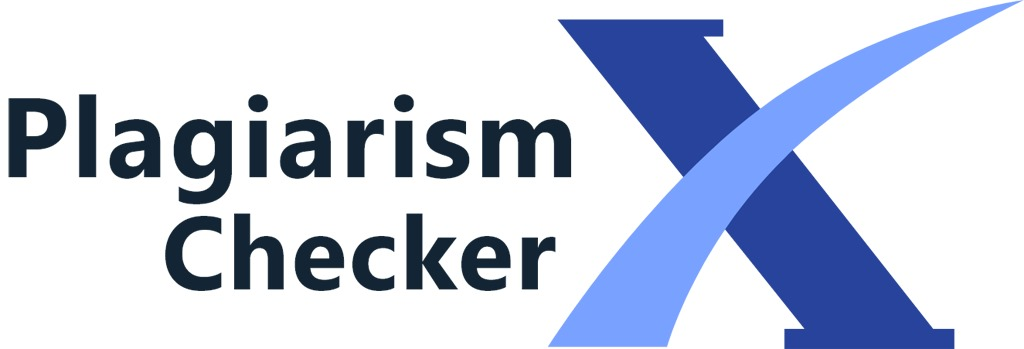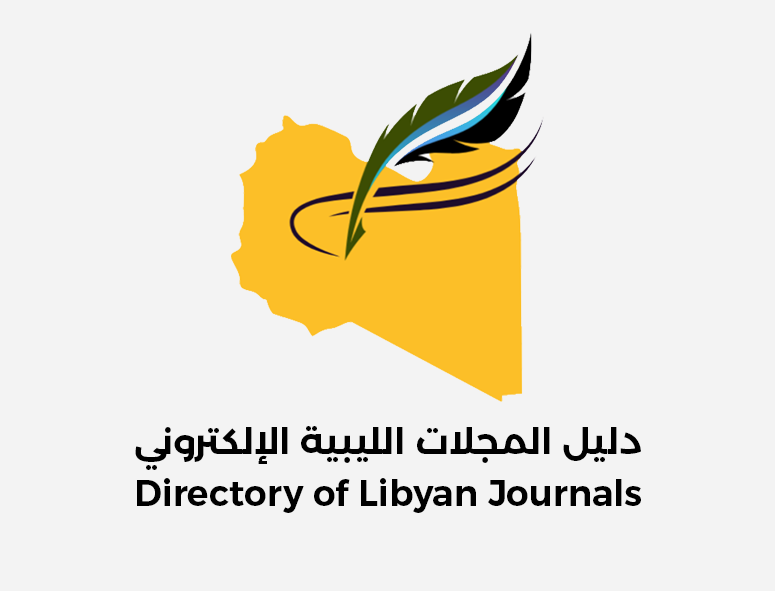Professional Ethics and Conflict of Interest in the State and Society
Keywords:
Professional Ethics – Conflict of Interest – Integrity – Transparency – Code of Conduct.Abstract
This study addresses the topic of "Mechanisms and Procedures for Preventing Conflicts of Interest in Light of Professional Ethics." It highlights the importance of professional ethics in maintaining integrity in job performance and ensuring the interests of the state and society. In light of rapid changes and modern administrative complexities, adherence to professional ethics has become indispensable, especially with the rise of conflicts of interest, which pose a direct threat to institutional transparency and fair distribution of opportunities.
The research defines professional ethics and outlines their role in promoting institutional discipline and accountability. It also explains the concept of conflict of interest and identifies its key causes and manifestations, such as nepotism, abuse of power, holding multiple positions, and favoritism. The study then presents mechanisms for preventing such conflicts, including asset disclosure, professional codes of conduct, banning dual employment, and clarifying public employees’ duties in such cases.
The research emphasizes that adopting clear and binding ethical codes in workplaces—linked to effective legal and regulatory systems—is essential to addressing this issue. It further underscores the need to integrate ethics into administrative and legislative training, while encouraging ethical behavior through fair accountability mechanisms.
The study concludes with recommendations, including obligating institutions to adopt explicit codes of conduct, activating oversight and financial disclosure systems, and raising institutional awareness about the dangers of conflicts of interest.











